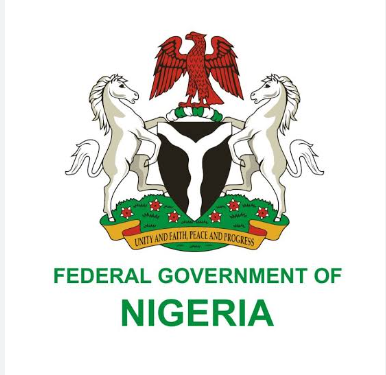States will soon start smiling to their banks as the Federal Government has agreed to pay them N1 trillion from the Excess Crude Account (ECA).
The sum represents about 25.6 percent of the N3.9 trillion drawn from the ECA by the government without their(states) knowledge.
The N1 trillion will, however, not be released to the states at once.
It will be paid in tranches of N50 billion or N100 billion monthly until the whole sum is fully offset.
A top Federal Ministry of Finance source, who made this known to the newsmen yesterday, said the states recently discovered the “illegal’ withdrawal from the ECA and confronted the Federal Government over it.
The source added that the government agreed to pay the N1 trillion which is the percentage that belongs to the states from the withdrawn N3.9 trillion.
Part of the Excess Crude Account withdrawal, said the Finance Ministry official, was used to offset some of the nation’s debts.
He said,
“recently, the states confronted us (Federal Government) that we made withdrawals from the ECA without recourse to them.
“We looked at their case and discovered that the share is about N3.9 trillion so we are committed to paying the states because it is their money. We should have consulted them.
“We sat with a representative of the Nigerian Governors’ Forum (NGF), their consultant and the Office of the Accountant General of the Federation (OAGF).
“It was noted that N3.9 trillion was withdrawn by the Federal Government over time.
“However, we are already making efforts to not only pay them but reconcile the dates and withdrawals which we are committed to paying back.
“We will be paying them every month from our share of the monthly allocations, maybe N100 or N50 billion. The framework has not been worked out but we have agreed that they have N1 trillion. There is a committee to that effect.”
The ECA is a fund established in 2004 by the Federal government to stabilise the country’s economy and lessen the impact of price volatility in oil exports.
The account is funded with the difference(sum) between the market price of crude and the budgeted price of the product as contained in the government’s appropriation bill.
Despite its good intentions, the ECA has been riddled with controversies, allegations of corruption, and uncertain performance.
Although dormant at the moment, it has only about $473,754.57 left in it as of the last FAAC meeting.
Asked to shed more light on the present status of the ECA, the source said it would not be shut down.
His words,
“We will not close the ECA because as of today, there is an increase in production of oil but we have to make a request to the Organisation of Oil Exporting Countries (OPEC) to increase our quota.
“That is what we are canvassing because any savings we make when we produce more will go to the ECA but because we do not have enough, that is why the ECA is dormant for some time.
“As of today, whatever that is in the ECA belongs to the three tiers of government based on an approved formula.”
He also revealed that the Federation Account Allocation Committee (FAAC) resolved to open a ledger in the Office of the Accountant General of the Federation (OAGF) to track savings in the nation’s incomes.
“At the last Federation Account Allocation Committee (FAAC) meeting, we agreed to open a ledger so that all our savings from June to date will be recorded so everybody can see it so that the states will be satisfied that we are prudent and they can see what they are saving,” said the source.
According to him, the essence of the saving is,
“assuming we have a threshold of N650 billion, that means we should not disburse anything below N650 billion. So when our revenue goes down because of one reason or the other and we discover that it is below N650 billion, we go back to that saving to augment.”


